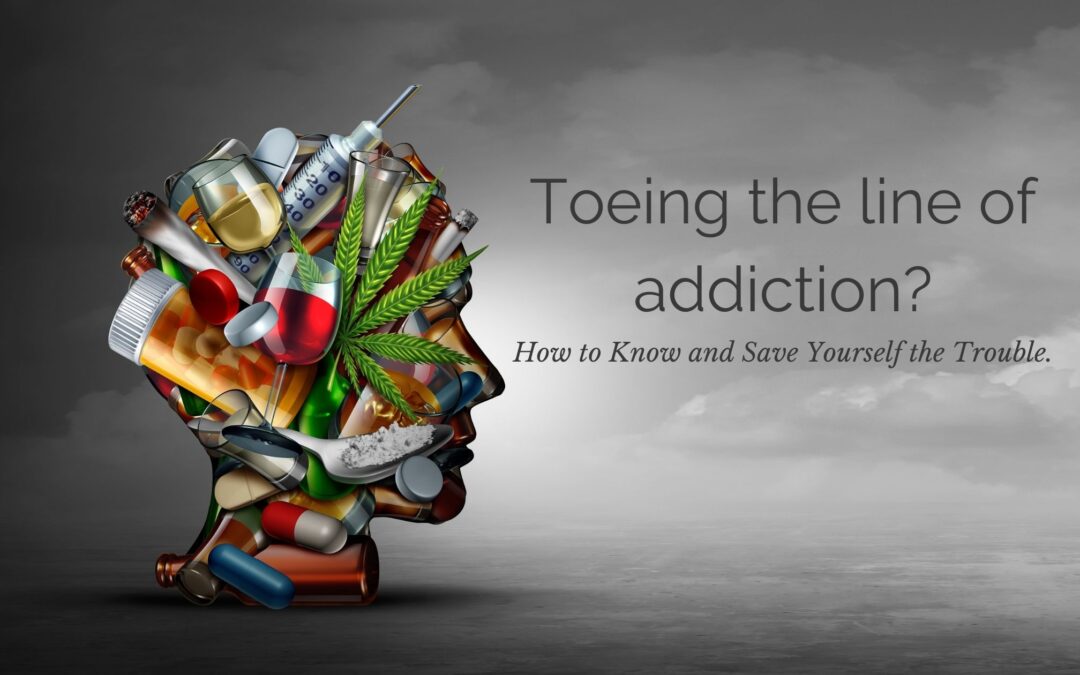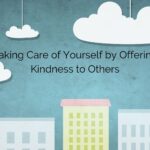 Let’s call the pandemic what it is – a traumatic loss, the rug being pulled out from under us, the world changing in the blink of an eye. It’s meant the loss of our social lives, the loss of the comfort of full grocery shelves and reliable mail, the loss of security in jobs and health insurance. All this while school and work continue, but under much harder circumstances. There is near constant fatigue, because we are grieving our old lives while also recognizing how many changes our society could stand to make and scrambling to make changes in our own lives to get through the day and keep up with all of the things we have to do.
Let’s call the pandemic what it is – a traumatic loss, the rug being pulled out from under us, the world changing in the blink of an eye. It’s meant the loss of our social lives, the loss of the comfort of full grocery shelves and reliable mail, the loss of security in jobs and health insurance. All this while school and work continue, but under much harder circumstances. There is near constant fatigue, because we are grieving our old lives while also recognizing how many changes our society could stand to make and scrambling to make changes in our own lives to get through the day and keep up with all of the things we have to do.I spend so much of my time as a trauma clinician undoing deeply-learned patterns, it is difficult work and requires a lot of intention, motivation, and support — and now we are all doing that simultaneously as a society, under über-stressful circumstances.
 So your increase in drinking, or smoking, or other substance use is understandable. Whether for stress management, boredom, or emotional suppression – a lot of people are relying on substances more than usual. Unfortunately this will lead many down a road of addiction. From a biological standpoint, a person will become addicted to any substance with addictive potential (meaning the body will have tolerance, dependence, and withdrawal symptoms) when they use it frequently enough, especially if they need more of that substance over time. This is an inescapable fact. Next, any set of behaviors performed on a regular basis with any rewarding outcome, regardless of its addictiveness will become psychologically (or behaviorally) addicting – there’s new recognition that while gambling and video games aren’t cocaine or barbiturates the addiction is just as real. This is also a fact of our biology, as our neurons organize around whatever behaviors we repeatedly do, and will seek that same reward.
So your increase in drinking, or smoking, or other substance use is understandable. Whether for stress management, boredom, or emotional suppression – a lot of people are relying on substances more than usual. Unfortunately this will lead many down a road of addiction. From a biological standpoint, a person will become addicted to any substance with addictive potential (meaning the body will have tolerance, dependence, and withdrawal symptoms) when they use it frequently enough, especially if they need more of that substance over time. This is an inescapable fact. Next, any set of behaviors performed on a regular basis with any rewarding outcome, regardless of its addictiveness will become psychologically (or behaviorally) addicting – there’s new recognition that while gambling and video games aren’t cocaine or barbiturates the addiction is just as real. This is also a fact of our biology, as our neurons organize around whatever behaviors we repeatedly do, and will seek that same reward.If you’re already dependent on a substance, please see a certified addiction specialist. But if you’re struggling with boundaries around your substance use or are just noticing that you’re pouring those wine glasses a little deeper each night- see if you can observe these boundaries:
- Take a break. Obvious, I know, sorry. But it is true that the best way to see if you’re dependent on something is to see how distressing it is to skip it. If you can’t take a break at all, seek an addictions counselor. When I’m working with clients and we aren’t sure about how healthy their substance use is, we cut back to once or twice a week at the usual dose for 2-3 weeks and see how it goes. “Can you do it?” is the first question, next is “Does it work better?”
Replace it. Identify what function the substance use has – is it helping you to manage stress? Have more patience with the hamster-torture wheel of parenting while also teaching while also being trapped in the house while ALSO having no adults to talk to??? Therapists harp on coping skills because they work – it doesn’t have to be meditating while surrounded by plants (but seriously, you should meditate). It could be making death metal collages while you watch scary movies. Pick something that is engaging for you, and leaves you feeling better i.e. more grounded, less stressed, with better access to the present moment. Then find 3-5 more. It will probably take some trial and error to figure it out – but remember this is worth it because addiction is a long, dark, and expensive road.
- Identify your own indicators. Noticing negative impact is a sign that substance use has become addiction. Is your use making you late for work? Less patient with loved ones? Those are clear costs to role fulfillment and you’ll need to back off your use until you’re performing the way you want to. Another way to find personal boundaries is to look for a decrease in quality of life, which could range from impact to your finances to having headaches every morning. State to yourself clearly what those lines are and recognize crossing them is a sign that use is becoming problematic.
Make life more manageable. Life is so much hard right now for many reasons we can identify, but also for many we cannot. If you’re holding yourself to pre-pandemic standards but need substances to cope, relax those standards. It is an unkindness to ourselves to expect the same performance and output when nothing else is the same. It is better to feed the kids a steady diet of mac and cheese than use your last bit of sanity on a hidden veggie casserole. You’ll be better off maintaining an 86% effort at work than striving for 100% that’s unsustainable in terms of your mental health.
- Understand the urge to use more. Increasing the amount you use for the same effect is tolerance – your body has become accustomed to that amount. If you indulge and increase the amount, this is a decisive step toward addiction. Yes, going from 1 drink once per week to 3 twice per week is understandable right now, but be aware of the biological and psychological impacts of this increase and know you’re technically making it harder to quit.
Unsplash Photo credits:
Photo by Joshua Rawson-Harris
Photo by Zachary Kadolph
Photo by Drew Coffman
Photo by sydney Rae


 Replace it. Identify what function the substance use has – is it helping you to manage stress? Have more patience with the hamster-torture wheel of parenting while also teaching while also being trapped in the house while ALSO having no adults to talk to??? Therapists harp on coping skills because they work – it doesn’t have to be meditating while surrounded by plants (but seriously, you should meditate). It could be making death metal collages while you watch scary movies. Pick something that is engaging for you, and leaves you feeling better i.e. more grounded, less stressed, with better access to the present moment. Then find 3-5 more. It will probably take some trial and error to figure it out – but remember this is worth it because addiction is a long, dark, and expensive road.
Replace it. Identify what function the substance use has – is it helping you to manage stress? Have more patience with the hamster-torture wheel of parenting while also teaching while also being trapped in the house while ALSO having no adults to talk to??? Therapists harp on coping skills because they work – it doesn’t have to be meditating while surrounded by plants (but seriously, you should meditate). It could be making death metal collages while you watch scary movies. Pick something that is engaging for you, and leaves you feeling better i.e. more grounded, less stressed, with better access to the present moment. Then find 3-5 more. It will probably take some trial and error to figure it out – but remember this is worth it because addiction is a long, dark, and expensive road. Make life more manageable. Life is so much hard right now for many reasons we can identify, but also for many we cannot. If you’re holding yourself to pre-pandemic standards but need substances to cope, relax those standards. It is an unkindness to ourselves to expect the same performance and output when nothing else is the same. It is better to feed the kids a steady diet of mac and cheese than use your last bit of sanity on a hidden veggie casserole. You’ll be better off maintaining an 86% effort at work than striving for 100% that’s unsustainable in terms of your mental health.
Make life more manageable. Life is so much hard right now for many reasons we can identify, but also for many we cannot. If you’re holding yourself to pre-pandemic standards but need substances to cope, relax those standards. It is an unkindness to ourselves to expect the same performance and output when nothing else is the same. It is better to feed the kids a steady diet of mac and cheese than use your last bit of sanity on a hidden veggie casserole. You’ll be better off maintaining an 86% effort at work than striving for 100% that’s unsustainable in terms of your mental health.
